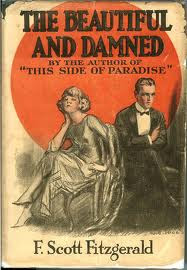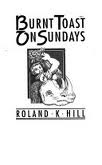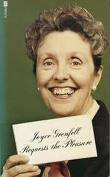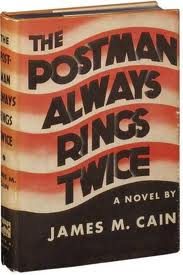I have concluded upon reading this book that humanity, taken in a mass, is in fact relatively sane.
A CANTICLE FOR LEIBOWITZ begins with a young monk fasting in a desert. He comes across a hole in the ground which opens into a room, labelled FALLOUT SHELTER – OCCUPANCY 15. He is terrified. He has heard of fallouts, which in the distant past killed huge numbers of people. He pictures them as large and fiery dragons. As his grasp of what is referred to as pre-Deluge English is not great (he struggles with how nouns work, and thus cannot understand the difference between a house cat and a cat house) he fears the shelter is full of fallouts, just waiting to come out.
In short, this is sci-fi. And my favourite kind too, being post-apocalypse sci-fi!
Anyway, the cave is full of technical documents, and the monk’s order is one set up by a certain Leibowitz, who, on surviving the Deluge, set out to preserve humanity’s memory. During the great Simplification, after the Deluge, books and learning were understandably treated with suspicion, and so the order struggles to protect the physical remnants of that memory. The documents are thus a great find.
The book moves forward in history two or three times, on each occasion by a few centuries, as human learning is rediscovered, and it ends, predictably, with another nuclear disaster. To tell you the truth I found the last half a little dull, and did a fair bit of skipping, as there were lots of scenes where men shouted at each other about military tactics.
However, it was an interesting immersion in the concerns of the 1960s. The immediacy of their fear of nuclear annihilation is fascinating. No doubt the apocalypse will happen, and I personally am totally ready to survive it (eat leather, eat other people, drink urine, you name it); but I am encouraged that we have all managed to hold it together so far, and that we’ve had a good half century without species-wide suicide. Let’s go humanity!










